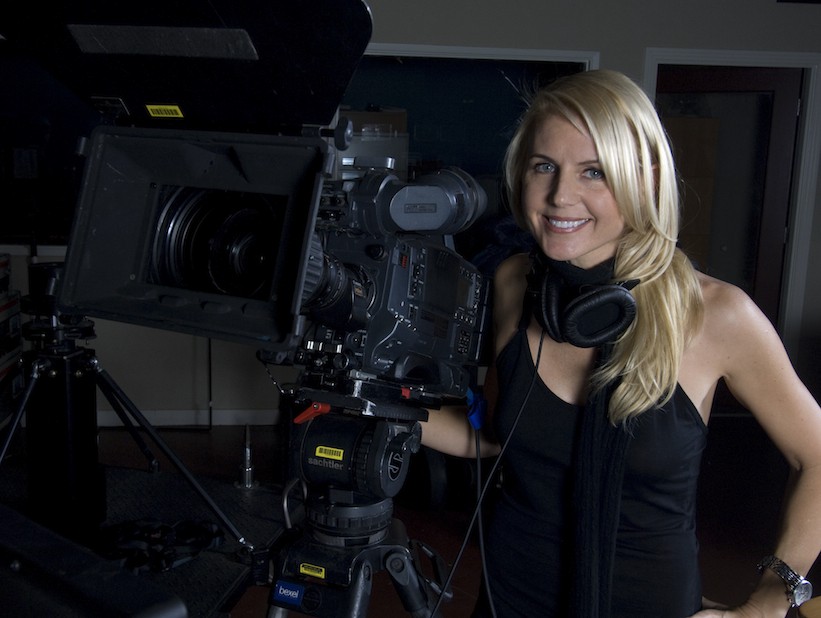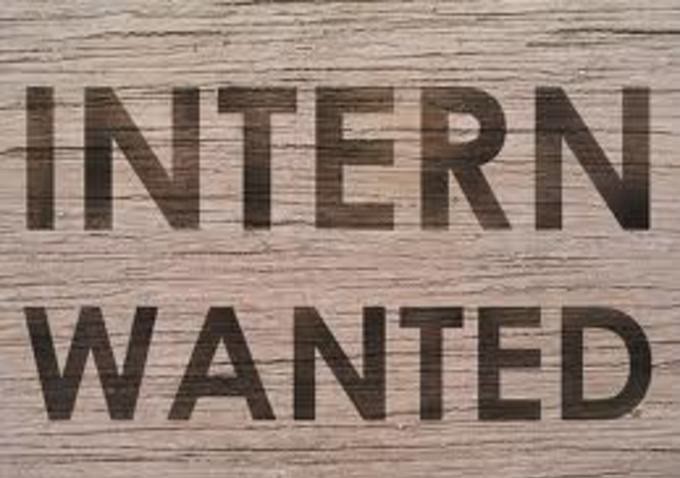Jessica Yu. Ondi Timoner. Naomi Kawase.
What do these names all have in common?
Yes, they’re all successful female documentarians. But they
have something else in common. Something you may not realize. They’re also
editors. Editors who cut their own films.
As a woman filmmaker working in Hollywood, I’m all for doing
anything you can do to empower yourself. This is one of the reasons I edited my
recently completed feature documentary, “Who Is Billy Bones?,” myself. Not only is the film about the history of a punk-rock legend, but I feel that choosing to edit my film is very in line with the DIY, punk-rock ethos the movie captures.
During the making of “Who Is Billy Bones?,” we worked with a
very low budget. Like most indie films, a lot of the movie was made with the
help of friends and favors. But when it came to sifting through hours of
interviews and live-performance footage, I didn’t call in any favors. I just
did it myself.
This leads to one of the primary benefits of editing
yourself: You save money. A lot of money. Now, I would never advocate
undermining the quality of your film just to save a few (thousand) dollars, but
if you can teach yourself to really edit, you can do what very few outside
editors could do: Make the film you
envision in your mind.
I learned to edit on Final Cut Pro with the help of a friend
and a lot of trial and error. I continue to use Final Cut to this day, but
whatever program you choose to learn, I strongly suggest you learn. My advice to any female filmmaker who wants to edit her own
film is, first and foremost, to trust her instincts. Don’t be afraid to
experiment. You can always save different versions of the project in case you
want to go back to what you’d done before. Also, remember to save often and
back up your hard drives!
There will be instances where you may want to bring in an
outside editor, like I did for some complicated animated graphics, but there’s
no way someone else is going to know your film as well as you do. Especially with
a documentary like “Who Is Billy Bones?,” in which the story was crafted by
learning about someone’s life through interviews. It’s been said that
documentaries are written in the editing room, so if you’re the
writer/director, where better would you be suited than in the editing room?
My film was shot in 14 days, over
the span of two years. If I had shot 14 days in a row and then tried to cull
down the footage, it would’ve taken quite a bit of time. However, unlike a
narrative film that requires a stricter shooting schedule, I was able to begin
editing right away and start cutting the picture as I went along. The story is
chronological, like many biographical documentaries, and there was a great
opportunity to edit in the weeks and months between scheduled interviews to set up
the story, as well as to prepare for the next interview. If
there was a missing piece to the story, I was able to find interviewees who
would be able to speak to that topic and fill in holes in the story. It was
extremely advantageous to have that flexibility, which a more traditional
film-then-edit structure would not have allowed. An outside editor would most
likely not have been available on call to edit the story as it went along.
I have worked with outside editors
before on several short films. Although their expertise was helpful (and it
was a good learning experience), it was a very different experience than
editing myself. It can be time-consuming to go through footage yourself, but it
can also be time-consuming to try and explain your personal vision to an editor
who might have a different vision. Some editing-and-directing teams make this
relationship work, when they’re both on the same page, which is why some
directors hire the same editors throughout their career. However, right now, I’m
my own favorite editor. I’m always available at a moment’s notice. That’s another reason to be your own editor: Availability.
The most important reason for me, though? It’s fun. I like
editing. I like the ability to “re-write” through the editing process. I like
being able to make small changes, to take my time looking for different camera
angles and b-roll and to have the skill to add movement to photos or fade music
tracks in and out of montage sequences. It’s an exhilarating feeling, almost
like shooting on location, almost like writing, but an art unique unto
itself. And it makes you feel closer to
your movie, where you can create the art you feel in your soul, without
compromise.







